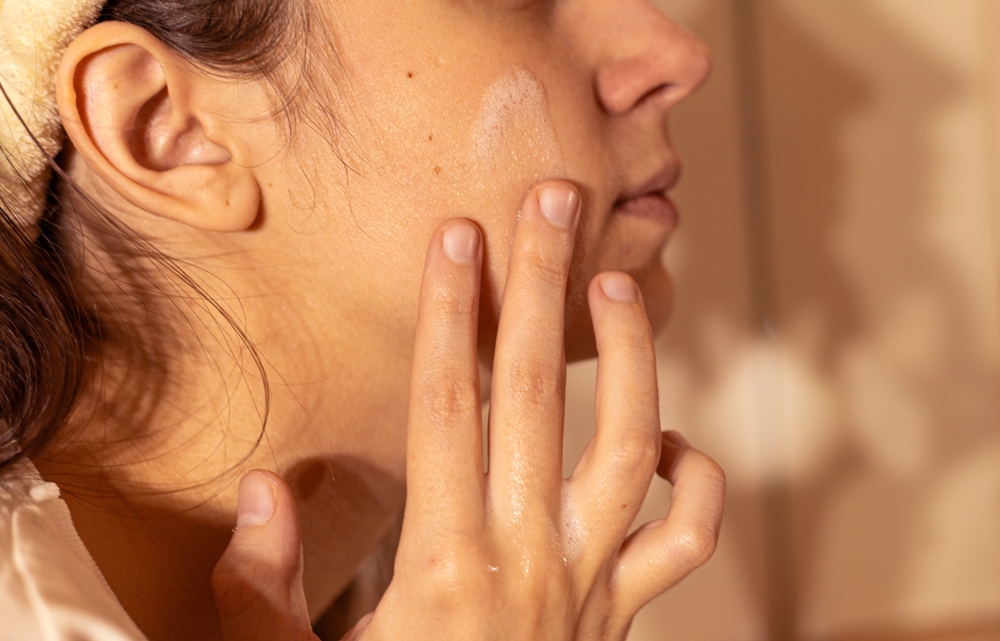Taking care of yourself seems straightforward, but many daily habits you believe are helping may actually be working against you. Small mistakes in skincare, hair care, and hygiene often go unnoticed because they feel normal or have been passed down as advice for years. The problem is that these routines can weaken your skin, damage your hair, irritate your body, and even cause long-term health issues when repeated over time. Something as simple as washing your face too often, brushing your teeth at the wrong time, or forgetting sunscreen on cloudy days can have lasting effects. Personal care is not just about following a routine, it is about doing it correctly so your body benefits instead of suffers. By understanding which habits are harmful and learning better alternatives, you can protect your skin, hair, nails, and overall health more effectively. This guide explores 14 common personal care routines that many people do wrong and explains how small changes can make a big difference in long-term results.
1. Washing Your Face Too Often
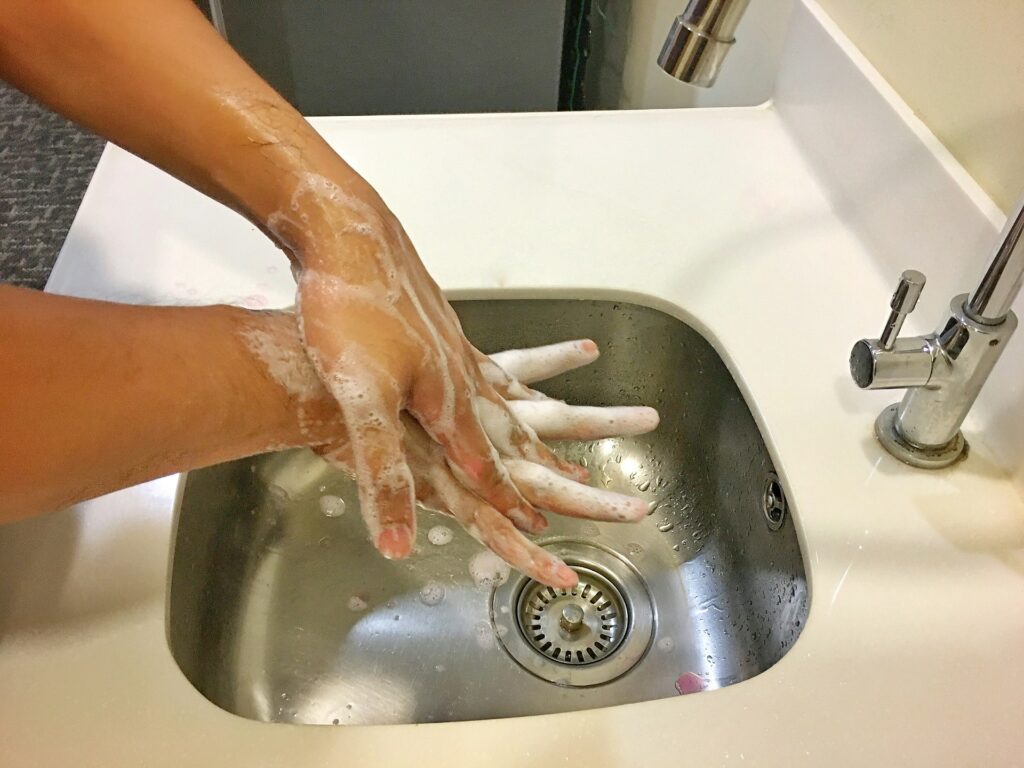
Cleansing your face is essential for removing dirt, oil, and pollution, but too much of it harms the skin. Each time you wash, you strip away natural oils that protect the skin barrier. Overwashing makes the skin more sensitive and prone to redness, dryness, and breakouts. It can also trigger an overproduction of oil as your skin tries to replace what was lost, leading to more pimples instead of fewer. Dermatologists recommend cleansing no more than twice daily, with a gentle cleanser that matches your skin type. If you have oily or acne-prone skin, you might be tempted to wash more often, but sticking to a balanced routine will actually improve your skin in the long run.
2. Using Hot Water in the Shower
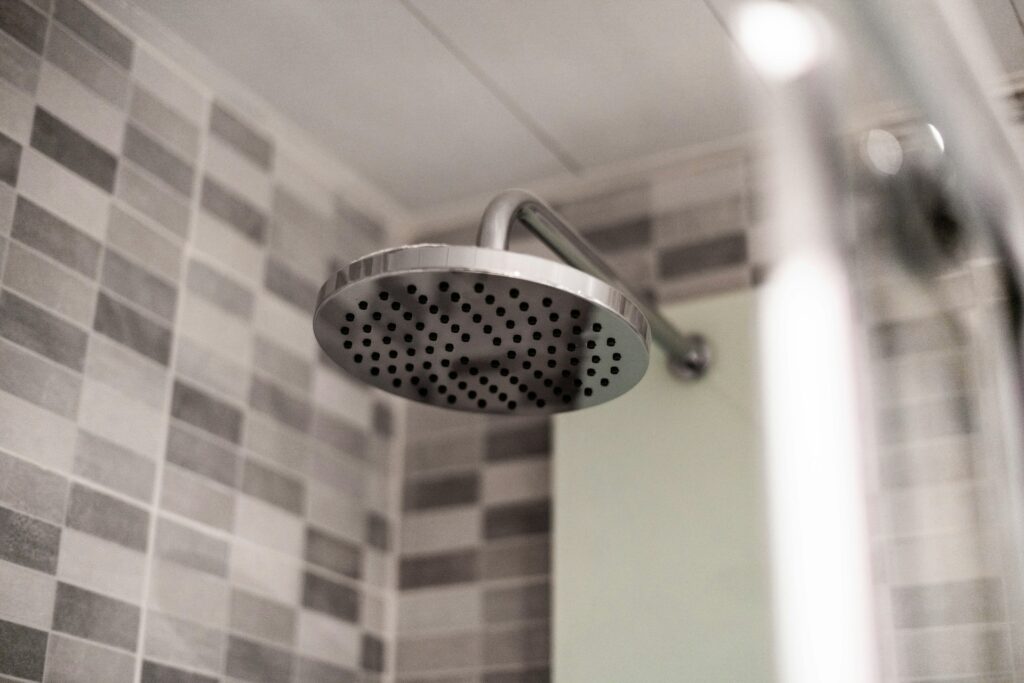
Hot showers may feel soothing, especially after a long day, but they are not good for skin or hair health. Hot water removes natural oils that act as a protective barrier, leaving skin itchy, flaky, and more prone to irritation. For hair, hot water opens the cuticle layer too much, weakening strands and causing frizz. Prolonged hot showers can even worsen conditions like eczema or increase scalp dryness, making dandruff worse. A better approach is to use lukewarm water and limit shower time to under 15 minutes. You can still enjoy the comfort of warmth without stripping your body of the oils it needs.
3. Skipping Sunscreen on Cloudy Days
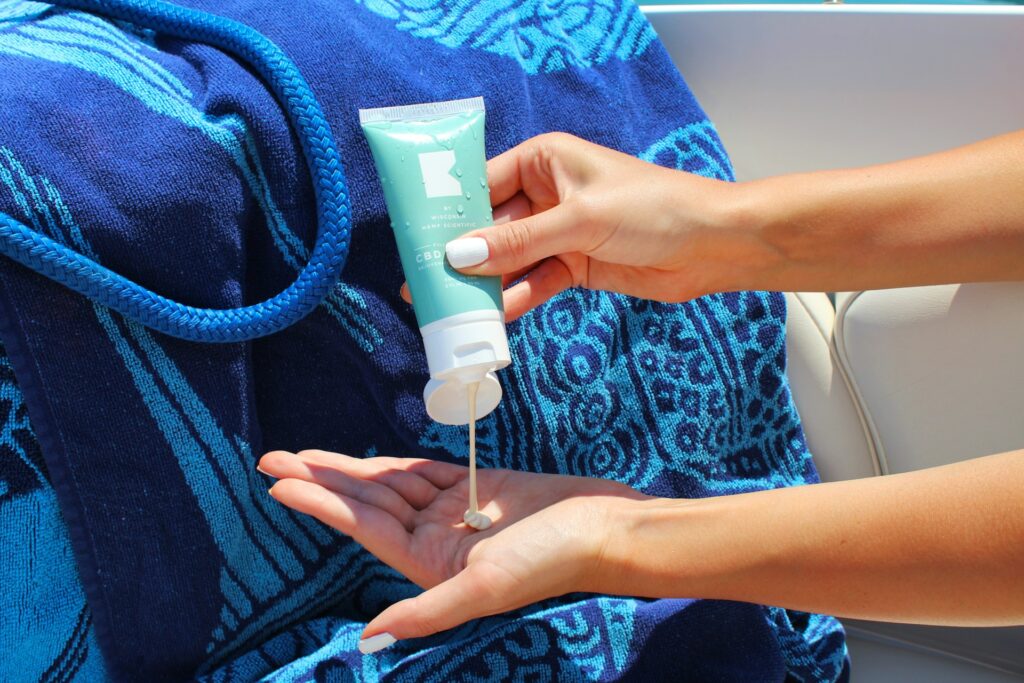
Sunscreen should never be reserved only for summer or sunny vacations. Ultraviolet rays penetrate clouds and glass, meaning your skin is exposed even on overcast days or while indoors near windows. Neglecting sunscreen allows UV damage to build up slowly, which accelerates wrinkles, uneven pigmentation, and premature aging. Daily protection lowers the risk of long-term sun damage and should be applied to all exposed areas, not just the face. Using a broad-spectrum sunscreen of SPF 30 or higher is ideal, and reapplying every few hours is necessary if you spend time outdoors. Making sunscreen a consistent part of your routine is one of the most effective anti-aging habits you can adopt.
4. Brushing Teeth Right After Eating
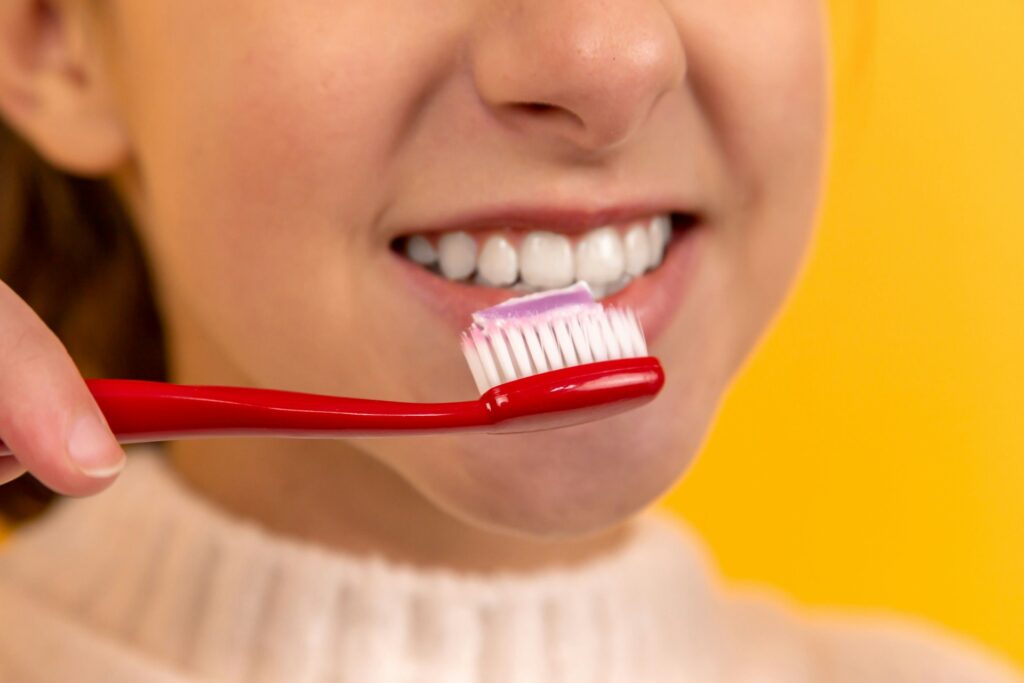
Brushing teeth is essential for oral hygiene, but the timing matters. When you eat, acids from food and drinks temporarily weaken enamel, which is the outer protective layer of teeth. If you brush immediately afterward, the enamel is softer and more vulnerable to abrasion, meaning you may wear it down with your toothbrush. This is especially true after consuming acidic foods such as citrus, coffee, or soda. The better approach is to rinse your mouth with water first, then wait at least 30 minutes before brushing. This gives saliva enough time to neutralize the acid and allow enamel to re-harden. With this routine, you keep teeth clean without risking long-term sensitivity or damage.
5. Overusing Mouthwash
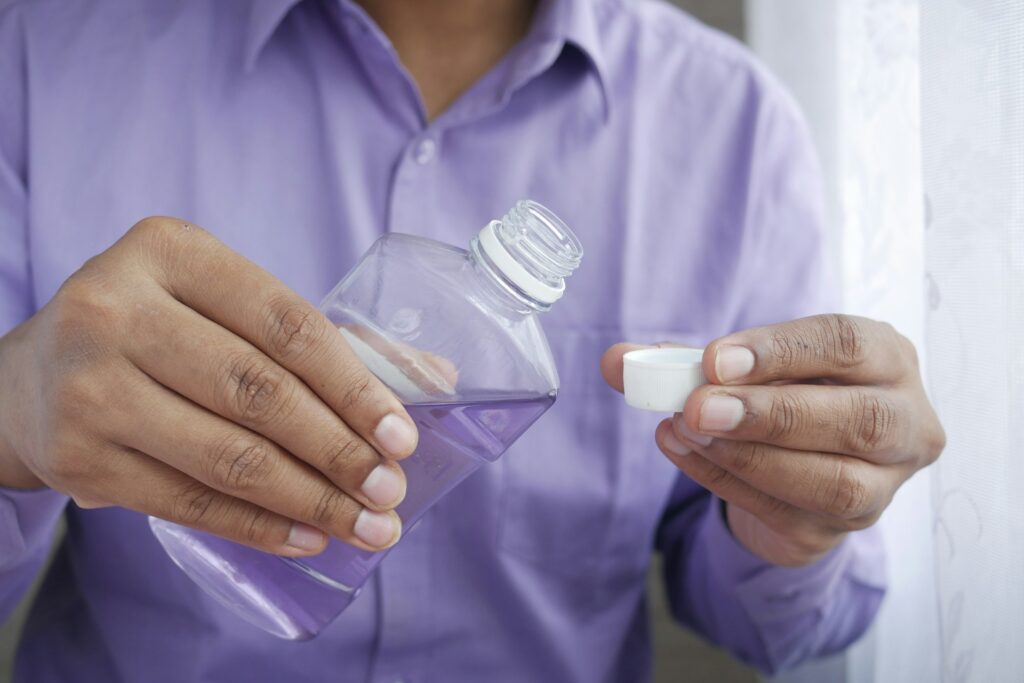
Mouthwash can freshen breath and reduce bacteria, but overuse does more harm than good. Many mouthwashes contain alcohol, which dries out the mouth by reducing saliva production. Saliva is essential for neutralizing acids and washing away bacteria naturally. Without it, the mouth becomes a friendlier environment for cavities and bad breath. Using mouthwash too often may also disrupt the natural balance of bacteria in the mouth. A healthier approach is to use alcohol-free mouthwash once a day or only when you need extra freshness. Regular brushing, flossing, and hydration with water will do far more to protect your teeth and gums than relying on mouthwash alone.
6. Washing Hair Every Day
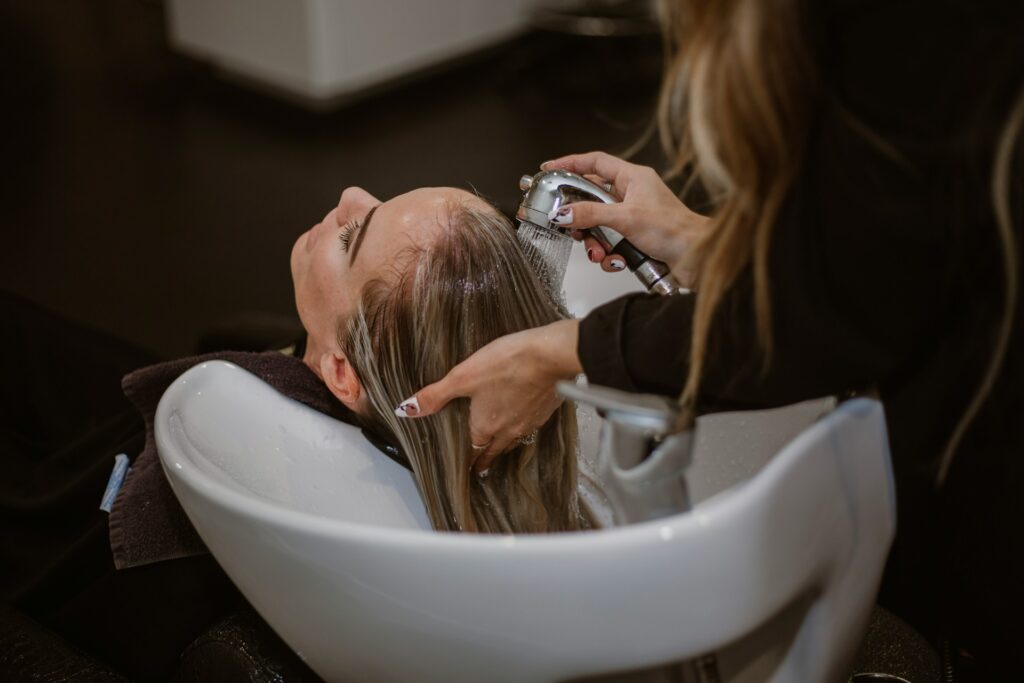
Shampooing daily is a common mistake, especially for people who believe frequent washing is necessary for cleanliness. In reality, shampoo strips away natural oils that protect and moisturize the scalp. Without these oils, the scalp becomes dry, itchy, and flaky, and the hair itself turns brittle. Daily washing can also make hair greasier in the long run, since the scalp compensates by producing more oil. For most people, washing hair two to three times per week is ideal, though hair type and lifestyle play a role. People with fine hair or those who sweat daily may wash more often, but still benefit from alternating with gentle or sulfate-free shampoos. Embracing your natural oil balance improves both scalp health and hair strength.
7. Shaving Without Moisturizing First
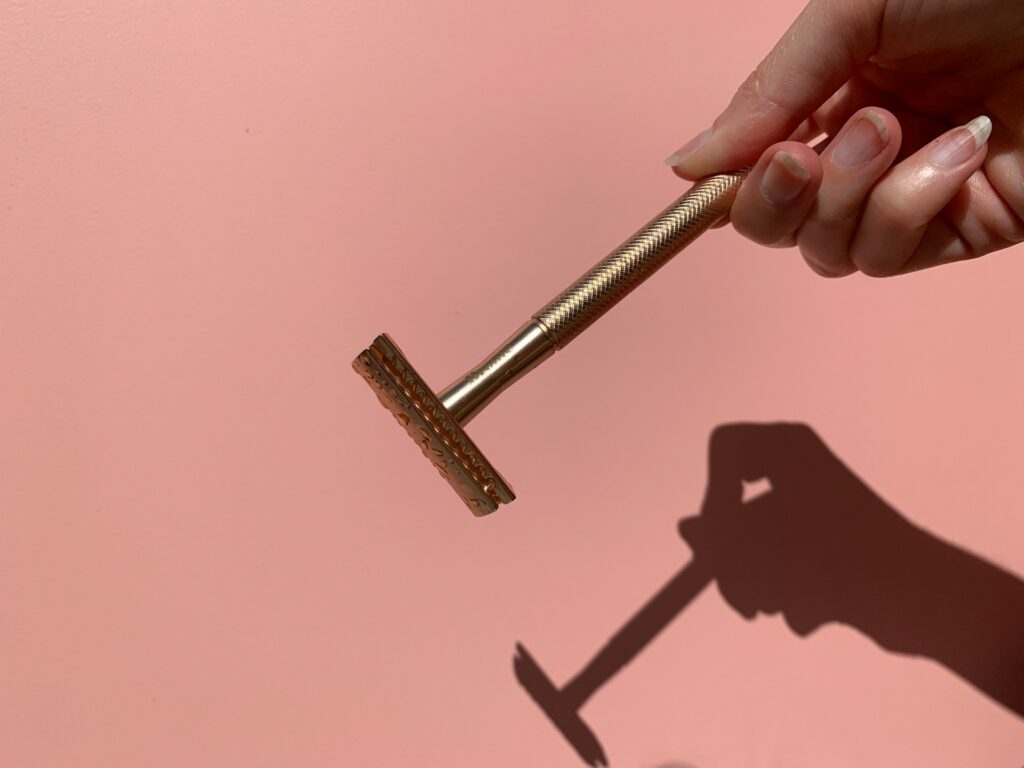
Shaving on dry or poorly prepared skin is one of the fastest ways to damage it. Without moisture, razors drag across the skin, causing irritation, razor burn, and micro-cuts. Shaving dry also increases the risk of ingrown hairs because the hair follicle is not softened before being cut. The correct routine is to shave after a warm shower or to soften the skin with warm water and shaving cream. These steps hydrate the hair, making it easier to cut smoothly. Using sharp blades and following with a soothing moisturizer further protects against irritation. A well-prepared shave not only feels more comfortable but also leaves skin smoother and healthier.
8. Ignoring Your Neck and Hands in Skincare
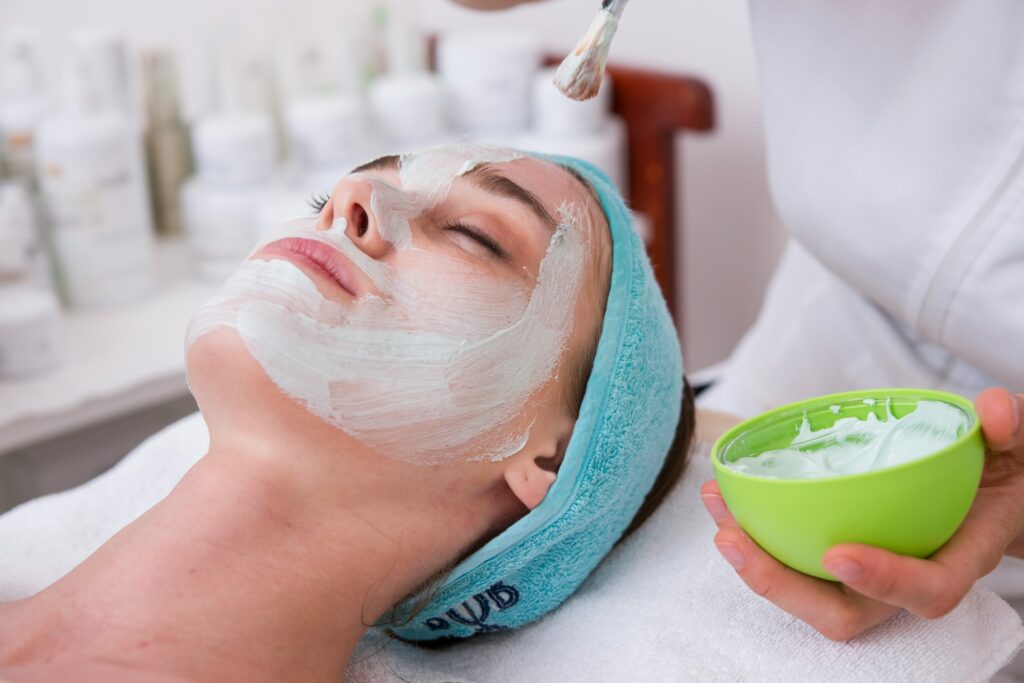
Most people focus their skincare efforts only on the face, forgetting that the neck and hands are equally vulnerable to aging. These areas are exposed to sunlight, pollution, and daily wear but often go untreated. Over time, they develop fine lines, wrinkles, and sunspots that can make them appear older than the face. Applying sunscreen, moisturizer, and anti-aging treatments to the neck and hands helps maintain a more balanced appearance. Wearing gloves in winter and using hand cream regularly also prevents dryness and cracking. Treating these areas with the same care as your face keeps the skin tone even and healthier for years to come.
9. Using Cotton Swabs in Ears

Cotton swabs are commonly used for ear cleaning, but they are not designed for this purpose. Instead of removing wax, they often push it deeper into the canal, which increases the risk of blockages and hearing problems. Inserting swabs too far may even damage the delicate eardrum, causing pain and long-term issues. Earwax actually has an important role, as it traps dust and protects the ear canal from infections. The safest approach is to let earwax work its way out naturally, or if needed, use gentle rinsing solutions. For serious buildup, professional cleaning is a safer and more effective option than poking inside with swabs.
10. Over-Exfoliating the Skin
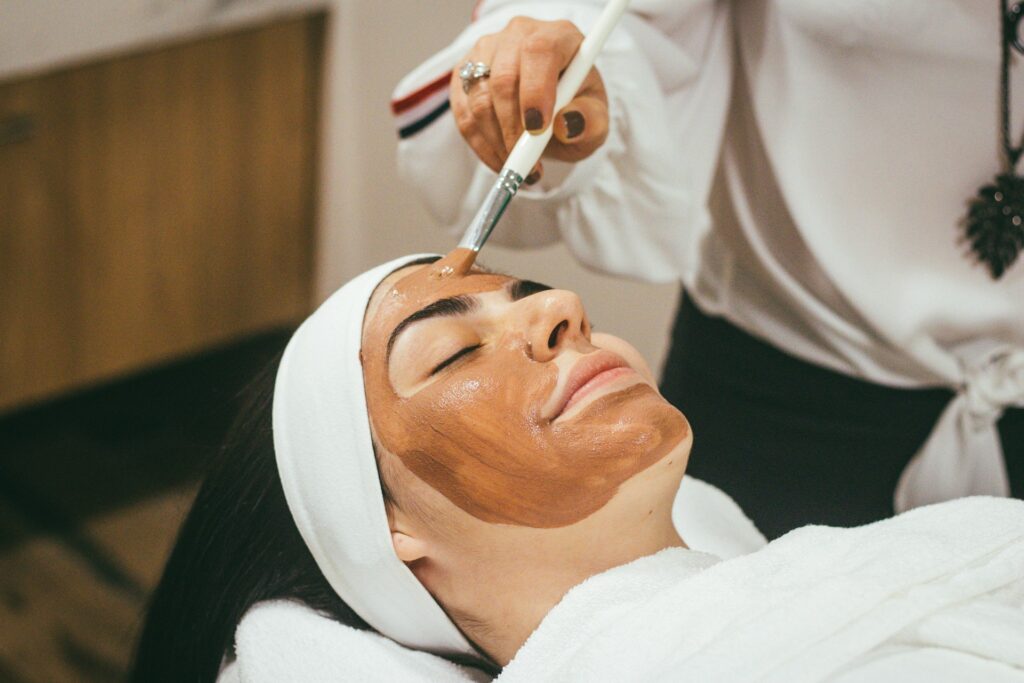
Exfoliation removes dead skin cells and encourages new growth, but too much of it weakens the skin barrier. Over-exfoliating causes redness, peeling, irritation, and even breakouts because the skin becomes more vulnerable to bacteria. Using harsh scrubs daily can also leave micro-tears on the surface. Instead, exfoliation should be limited to one to three times per week, depending on skin type. For sensitive or dry skin, once a week may be enough, while oily skin can tolerate a bit more. Choosing chemical exfoliants like mild acids instead of rough scrubs also reduces damage. Proper exfoliation leaves skin brighter, smoother, and healthier without harming its natural balance.
11. Applying Too Much Perfume
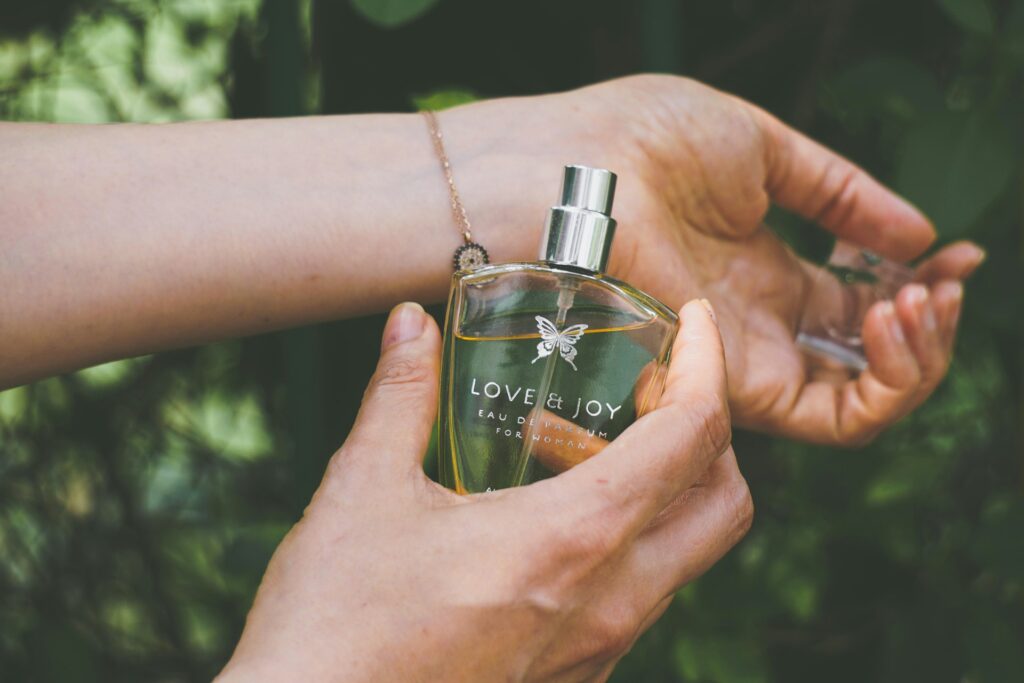
Spraying perfume excessively not only overwhelms others but can also irritate your skin. Fragrance molecules are designed to diffuse slowly, meaning heavy application does not make the scent last longer. Instead, it can trigger allergies, headaches, or breathing discomfort for people around you. Perfume works best when applied lightly to pulse points such as wrists, behind the ears, or on the neck, where body heat helps it spread naturally. A light spray on clothing or hair can also extend the scent without overwhelming your senses. Less is more when it comes to fragrance, and careful application leaves a subtle, pleasant trail instead of an overpowering cloud.
12. Cutting Cuticles During Manicures
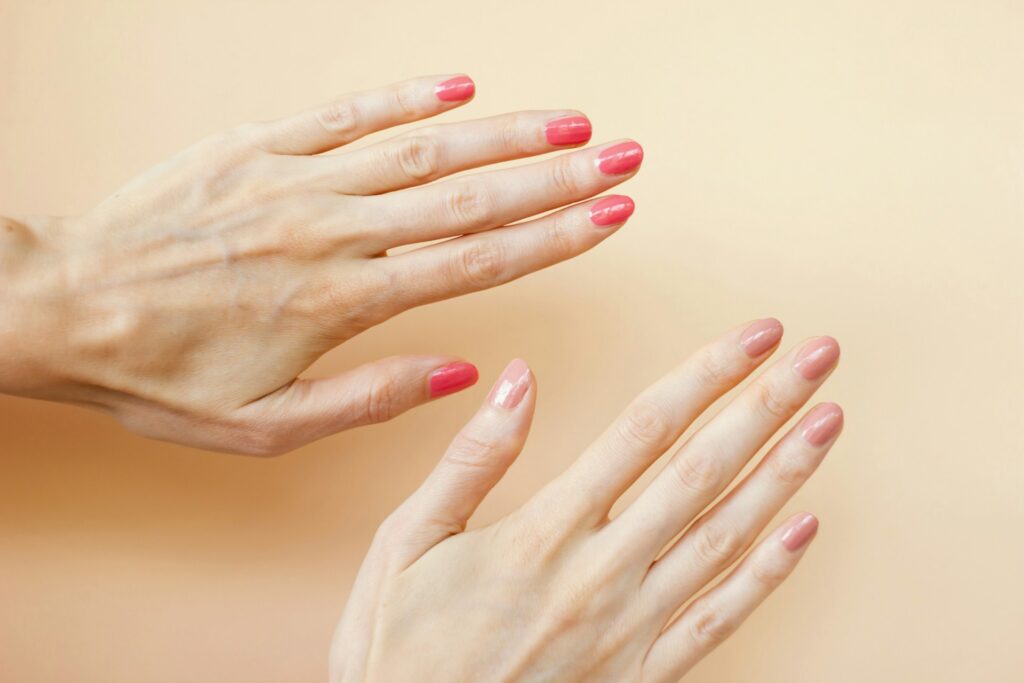
Cuticles form a protective barrier around your nails, keeping out bacteria and preventing infections. Cutting them away during a manicure exposes the nail bed, increasing the risk of painful swelling and long-term nail problems. Trimming cuticles too aggressively can also lead to uneven nail growth. A healthier practice is to gently push back cuticles after softening them with warm water. Applying nourishing cuticle oil keeps them moisturized and prevents hangnails. By keeping cuticles intact but well maintained, you protect your nails while still achieving a clean and polished look.
13. Sleeping With Makeup On
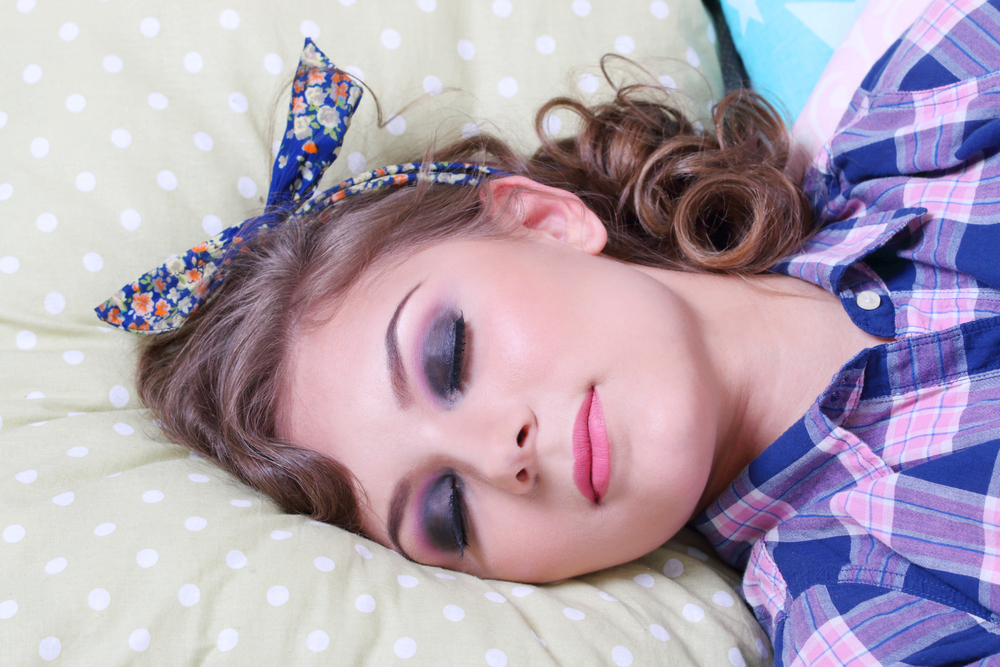
Leaving makeup on overnight is one of the most damaging mistakes for skin health. Makeup clogs pores, trapping oil and dirt, which leads to acne and breakouts. It also prevents the skin from carrying out its natural repair process during sleep. Over time, this habit accelerates aging, dulls the complexion, and increases fine lines. Eye makeup in particular can cause irritation or infections if left on overnight. The best solution is to thoroughly remove all makeup before bed, ideally with a gentle cleanser followed by a hydrating moisturizer. Taking a few minutes to clean your face at night allows the skin to breathe and recover fully.
14. Ignoring Hydration in Skincare

Cleansers and treatments get a lot of attention in skincare routines, but hydration is often overlooked. Without enough moisture, the skin barrier weakens, leading to dullness, irritation, and a higher chance of sensitivity. Dry skin also exaggerates the appearance of wrinkles and makes makeup look uneven. Moisturizers do more than add water, they lock in hydration and reinforce the skin’s natural defenses. Even people with oily skin need hydration, though lighter, non-greasy formulas are best in that case. Drinking enough water supports hydration from within, but applying a topical moisturizer ensures the skin remains protected. Consistent hydration keeps the skin smooth, plump, and resilient.
Personal Care

Personal care is not just about doing routines daily, but doing them correctly. Each of these small mistakes, from overwashing your face to forgetting sunscreen on cloudy days, can have long-term effects on health and appearance. By making adjustments to your skincare, oral care, hair care, and grooming habits, you support your body in the way it truly needs. Correcting these 14 common errors helps build stronger routines that protect your skin, hair, and overall well-being.
Read More: Gut‑Skin Glow: 7 Simple Foods for Clear Summer Skin
Disclaimer: This article was created with AI assistance and edited by a human for accuracy and clarity.
